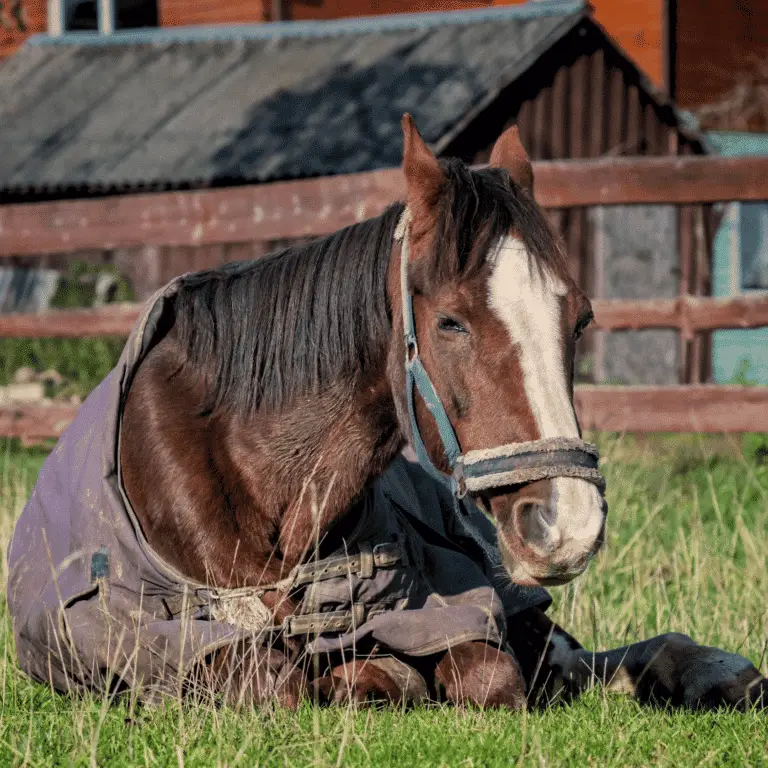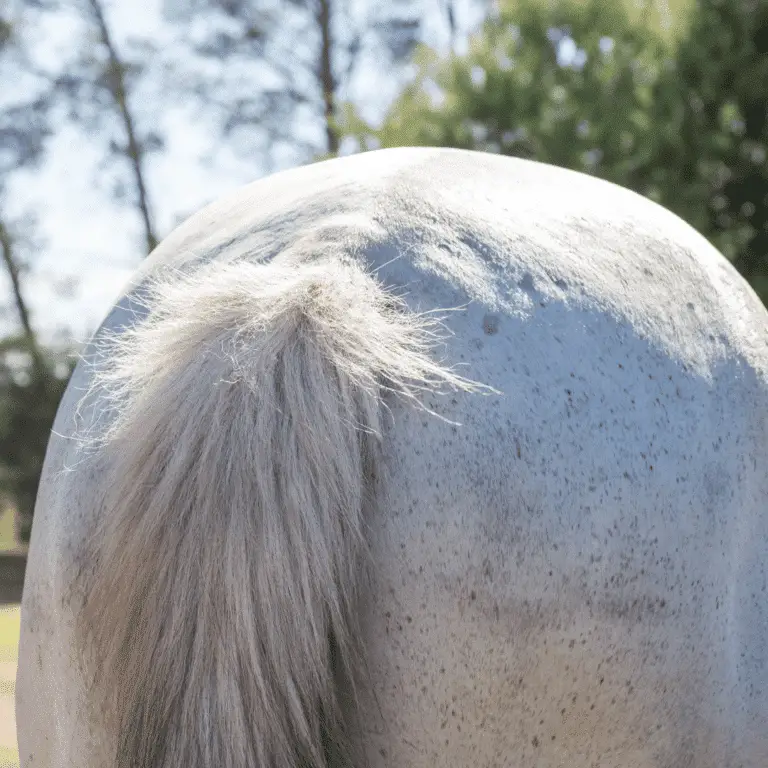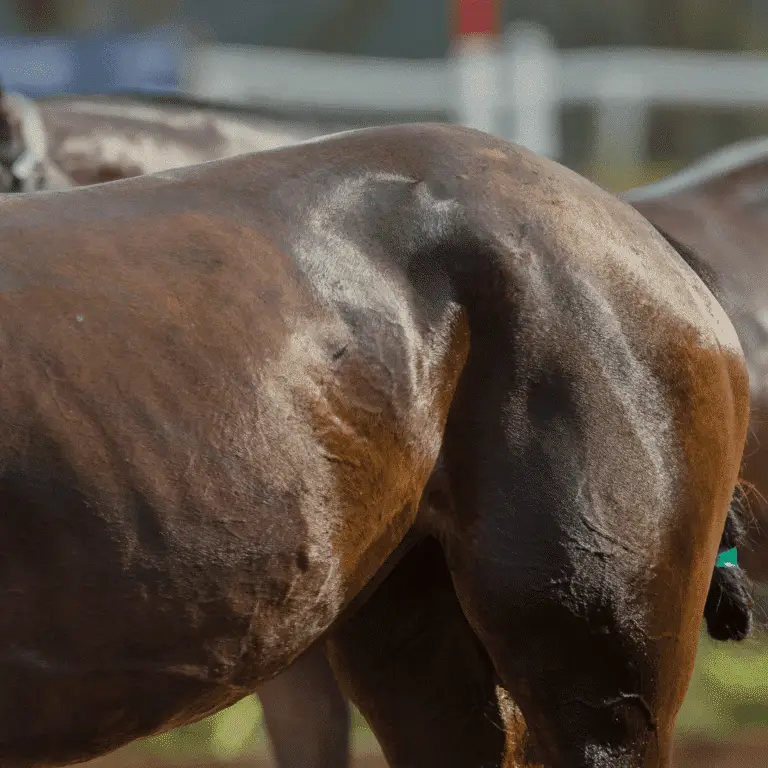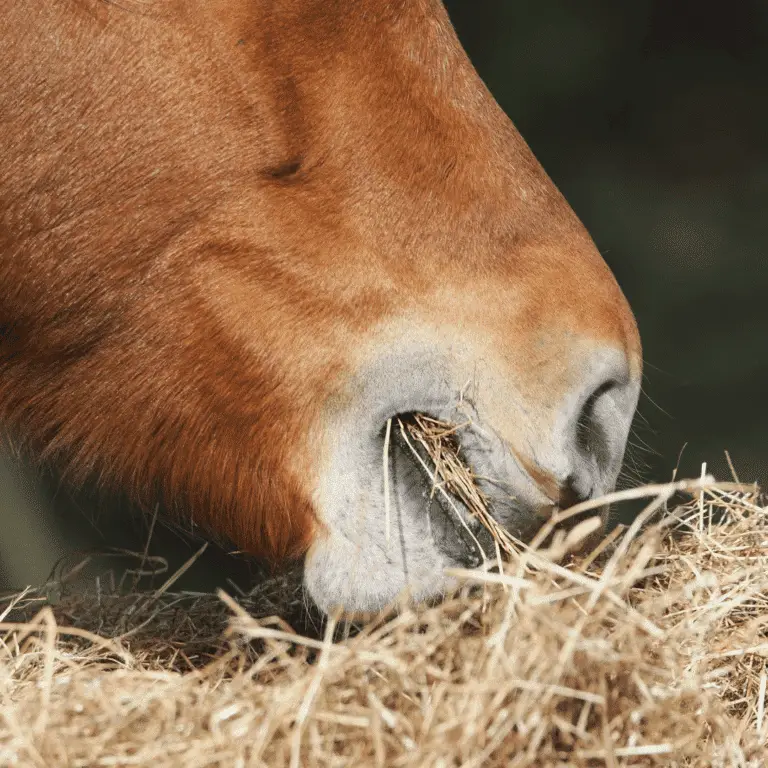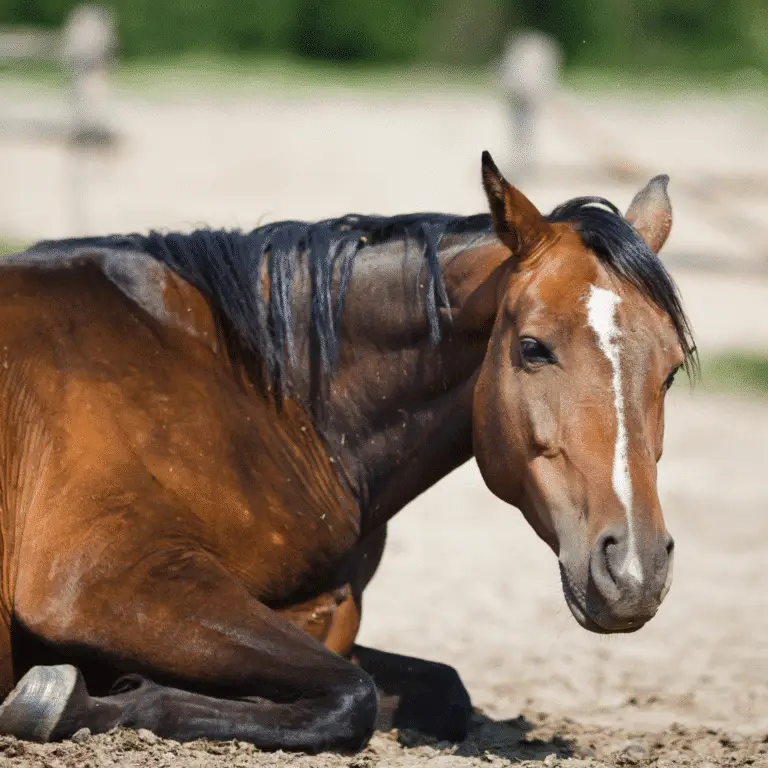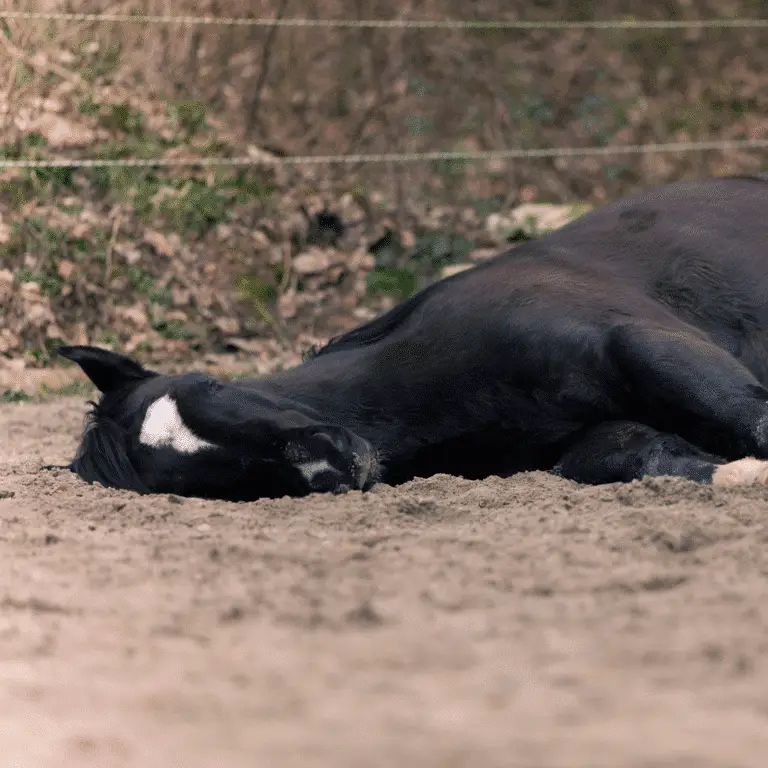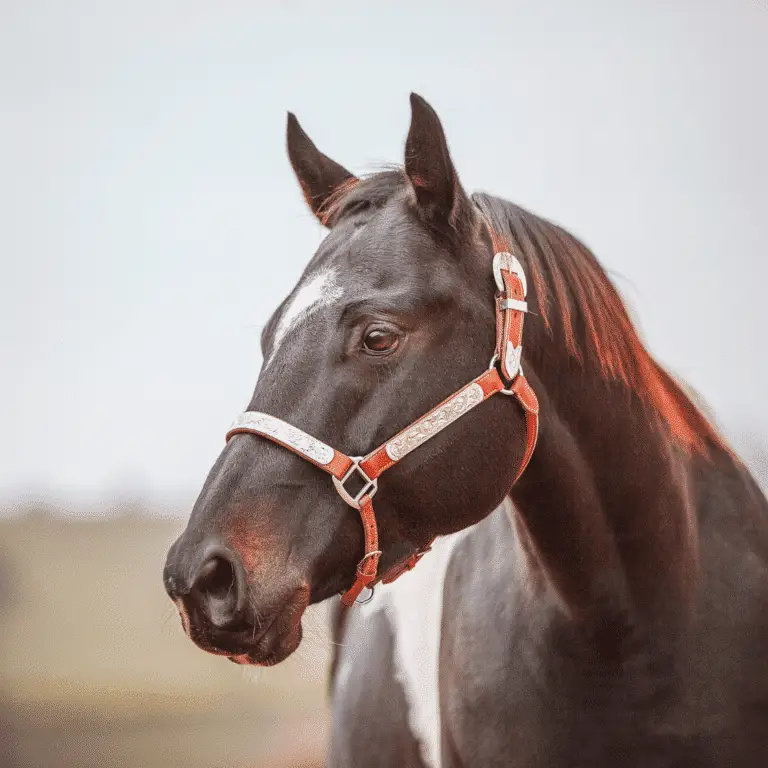Whether you’re an experienced equestrian or new to horse care, understanding the symptoms, treatments, and prevention strategies for intestinal problems is crucial for your horse’s health and well-being.
Intestinal issues in horses can manifest in various ways, including Colic, diarrhea, and weight loss. Recognizing these symptoms early can make a significant difference in your horse’s recovery. Our articles cover a wide range of conditions, from common problems like Colic and Esophageal Obstruction (Choke) to more complex issues such as Salmonellosis, Colitis-X, Endotoxemia and Potomac Horse Fever.
Each article dives into the underlying causes of these ailments, evidence-based treatments, and practical tips for prevention. Whether you’re looking for advice on daily feeding routines, signs to watch for, or seeking guidance on when to consult a veterinarian, we’ve got you covered.
